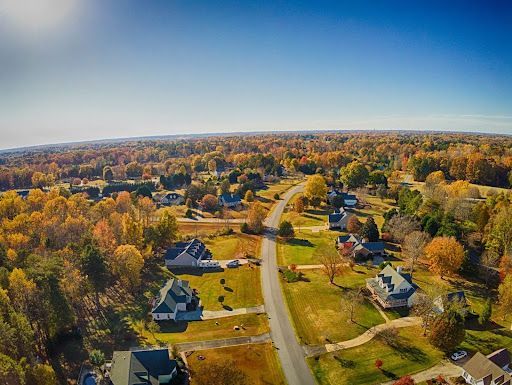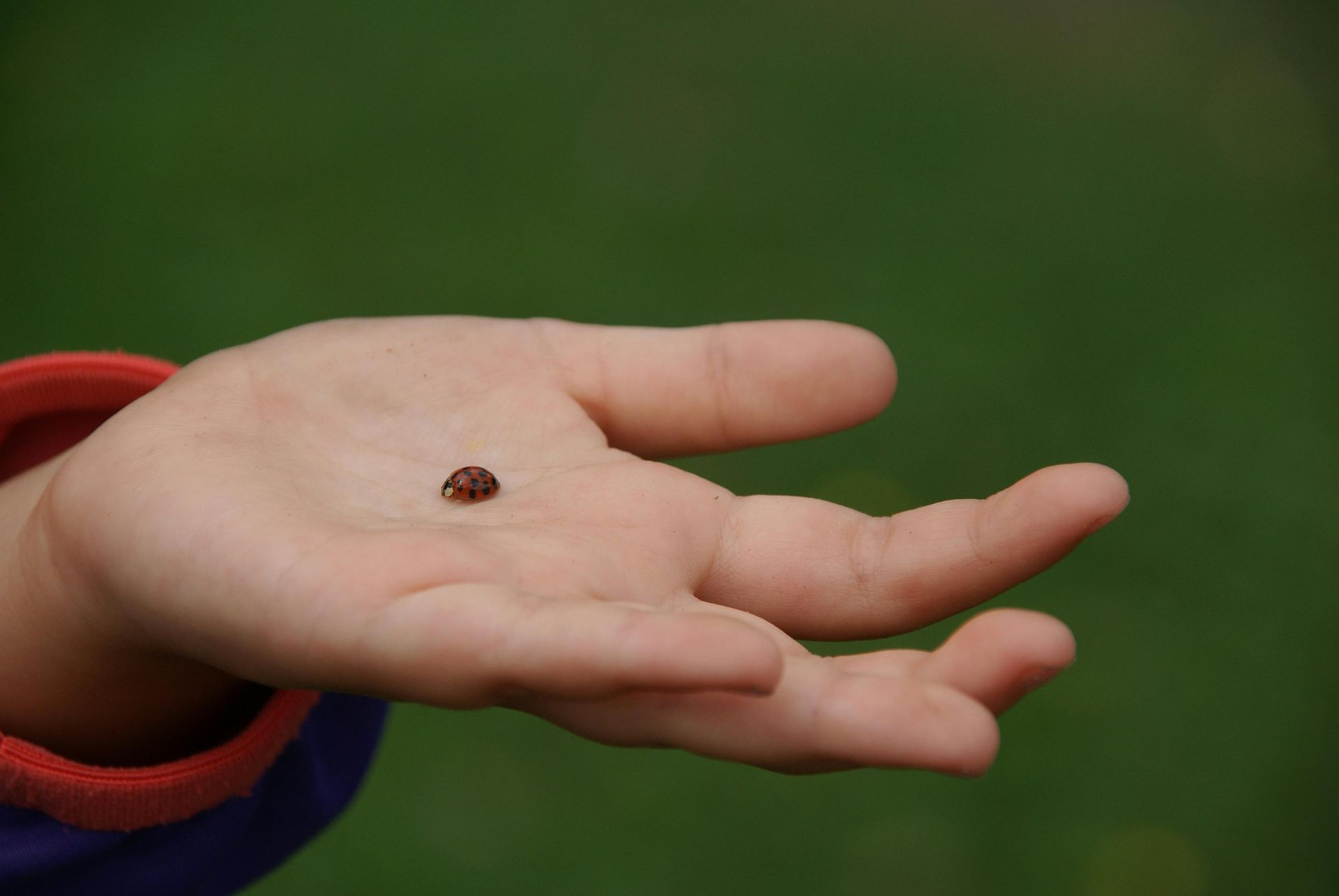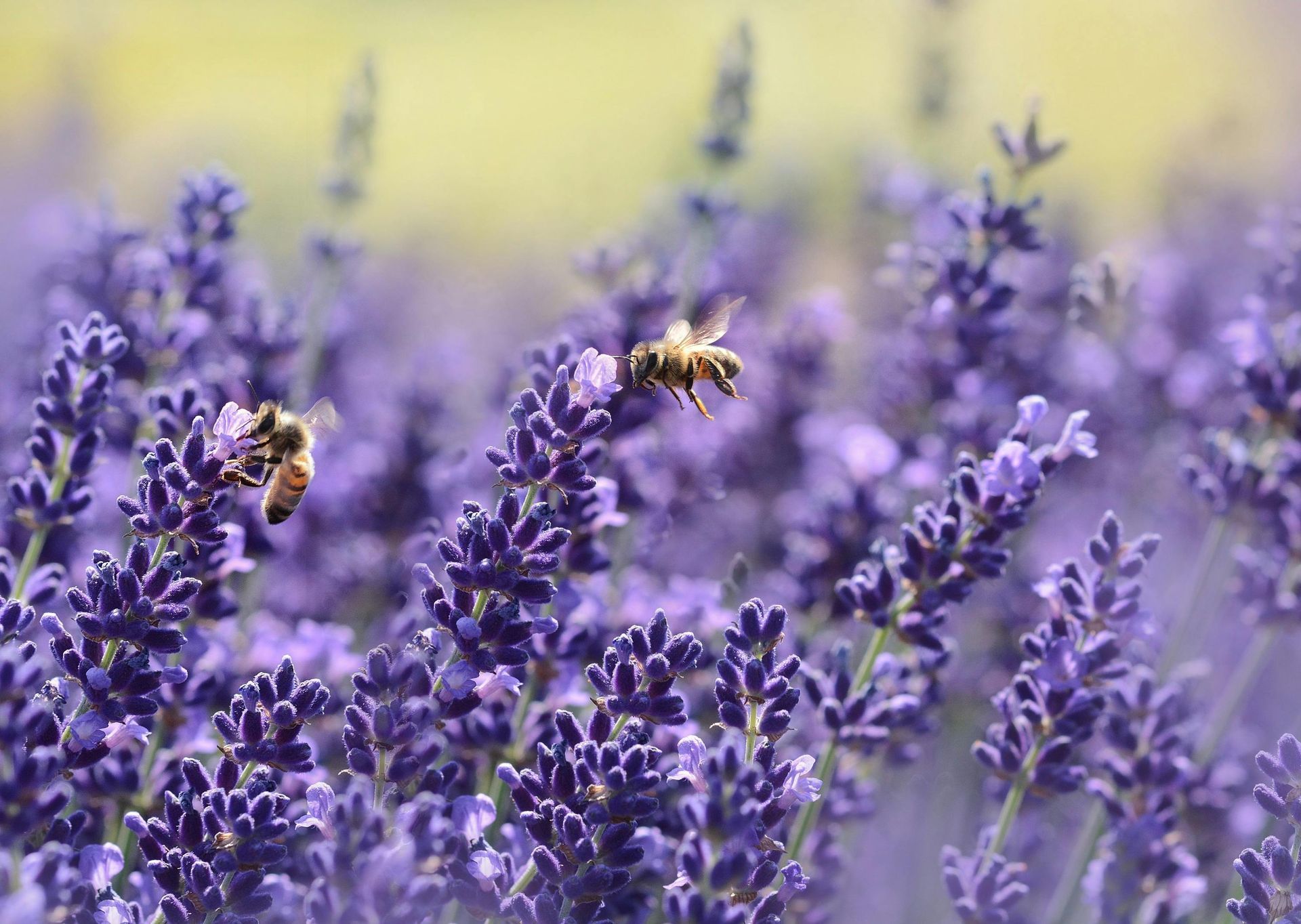Nature's Pest Patrol: Attracting Predators to Your Garden
Gardening is more than just planting seeds and watching them grow; it's about creating a thriving ecosystem that supports both flora and fauna. "Nature's Pest Patrol: Attracting Predators to Your Garden" delves into the art of fostering a balanced environment where natural predators play a pivotal role in pest management. By embracing the principles of integrated pest management (IPM), gardeners can cultivate a sustainable and healthy garden while minimizing the reliance on chemical pesticides. This approach not only benefits the plants but also contributes to the broader ecological system.
Native Nevada Predators to Attract
In Nevada, several native predators can be valuable allies in your garden. Ladybugs, for instance, are known for their voracious appetite for aphids, a common garden pest. Lacewings, with their delicate green wings, also target aphids, as well as caterpillars and mealybugs. Certain bird species, such as chickadees and sparrows, feed on a variety of insects, including beetles and caterpillars. Each of these predators has unique behaviors and habitat preferences. Ladybugs, for example, thrive in sunny environments with ample flowering plants, while lacewings prefer sheltered areas with plenty of foliage. For more information on native species, local wildlife organizations like the Nevada Department of Wildlife offer valuable resources.
Creating a Predator-Friendly Environment
To attract and support these beneficial predators, it is important to provide a suitable habitat. This includes offering shelter and diverse food sources. Planting a variety of flowering plants can attract insects like ladybugs and lacewings, while shrubs and trees can provide nesting sites for birds. Native plants are particularly effective in attracting local insect species, which are natural prey for many predators and help maintain ecological balance. Creating a garden with layered vegetation helps create microhabitats that support a range of species. Incorporating natural water sources, such as a small pond or birdbath, can further enhance the environment for these predators, offering them necessary hydration and habitat for aquatic insects that serve as food.
Avoiding overly manicured landscapes and allowing some natural growth can provide the shelter predators need. Letting leaf litter accumulate and leaving dead logs or branches can create hiding spots for ground-dwelling predators like spiders and beetles. Integrating organic mulches can also improve soil health, promoting a robust population of decomposers that support a healthy food web. For larger predators, such as bats or owls, installing bat houses or providing undisturbed cavities can encourage them to take up residence, contributing to natural pest control.
Avoiding Harmful Practices
Certain gardening practices can inadvertently harm beneficial predators. The use of chemical pesticides is a significant concern, as these substances often kill non-target species, disrupting the ecological balance. Instead of chemicals, consider manual pest removal or natural deterrents, such as neem oil or insecticidal soap. These methods are less harmful to beneficial insects and the environment. Patience and observation are key in a naturally balanced garden, as it may take time for predator populations to establish and effectively manage pests.
Encouraging Biodiversity
Biodiversity is a cornerstone of a resilient garden ecosystem. Native plants play a crucial role in supporting a wide range of wildlife, from insects to birds. By planting species that are indigenous to Nevada, gardeners can create habitats that attract a variety of organisms. A biodiverse garden is less likely to experience pest outbreaks, as a wide range of predators and beneficial insects help keep pest populations in check. Community initiatives, such as the Nevada Native Plant Society, promote biodiversity and offer resources for gardeners interested in sustainable practices. For further reading on the benefits of biodiversity in gardens, check out this study.
Local Success Stories
Nevada gardeners have shared numerous success stories of attracting predators to their gardens. In Reno, a community garden project received recognition for its sustainable gardening practices, which included creating habitats for beneficial insects and birds. These efforts not only improved pest control but also enhanced the overall health of the garden. Workshops and community efforts in areas like Carson City and Sparks focus on natural pest control methods, encouraging gardeners to adopt eco-friendly practices. By learning from these examples, gardeners can implement similar strategies in their own spaces.
Seasonal Considerations
Different seasons bring changes in predator activity and garden conditions. In spring, many predators become active as temperatures rise, making it an ideal time to plant a variety of flowers and shrubs that attract beneficial insects. During the hot Nevada summers, providing shade and water can help sustain predator populations. In the fall, consider planting cover crops to maintain a food supply for insects and birds. Adapting to Nevada's specific climate challenges, such as drought conditions, is essential for maintaining a predator-friendly garden throughout the year.
Monitoring and Adjusting
Monitoring predator and pest populations is crucial for maintaining a healthy garden ecosystem. Look for signs of a balanced predator-prey relationship, such as the presence of both pests and their natural enemies. Flexibility in gardening practices is necessary, as conditions and populations can change. Keeping records of garden observations and outcomes can help in making informed decisions. Engaging with the local gardening community can provide additional support and knowledge sharing, fostering a network of eco-conscious gardeners dedicated to sustainable practices.
The Role of Soil Health
Soil health is a fundamental aspect of a thriving garden ecosystem. Healthy soil supports a diverse range of microorganisms and insects that contribute to pest control. By incorporating organic matter, such as compost, gardeners can improve soil structure and fertility, creating an environment conducive to beneficial organisms. Earthworms, for instance, aerate the soil and break down organic material, enhancing nutrient availability for plants. Additionally, maintaining soil moisture through mulching can support the survival of soil-dwelling predators. Understanding and nurturing soil health is a vital step in promoting a balanced garden ecosystem.
By understanding and implementing these practices, Nevada gardeners can create thriving, predator-friendly environments that contribute to ecological balance and reduce the need for chemical interventions. Embracing biodiversity, monitoring garden dynamics, and maintaining soil health are key components of a sustainable gardening approach. As gardeners continue to learn and adapt, they play a crucial role in supporting local ecosystems and fostering a harmonious relationship with nature.
For expert guidance on creating a predator-friendly garden or to learn more about sustainable pest control practices,
reach out to Natura Pest Control. Our team is dedicated to helping you achieve a balanced and thriving garden ecosystem.




